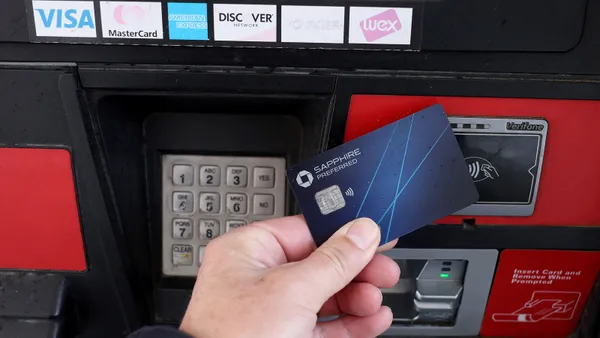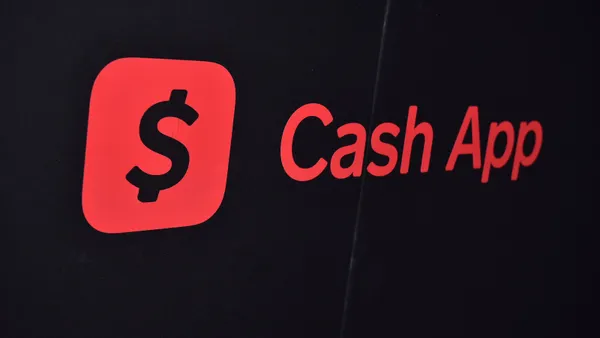Jonathan Davis is an associate professor at the University of Oregon specializing in anti-poverty interventions. His research involves working with public and private partners, including earned wage access provider EarnIn, though he maintains full editorial control and independence.
American households are navigating a wave of financial uncertainty. Tariffs are raising prices. Stock market swings threaten retirements. Layoffs driven by automation and artificial intelligence are creating new anxieties across industries.
For millions of working Americans living paycheck to paycheck, one delay – a broken water heater, a car repair, a child’s prescription — can trigger a cascade of financial instability. Americans need money today just to cover essentials.

As an economist, I’ve spent my career studying interventions to help improve the circumstances of lower-income households. One of the most promising, and most misunderstood, is earned wage access (EWA), often referred to as an instant pay app or paycheck advance tool.
EWA allows workers to access their wages early, as they earn them, rather than waiting for a fixed payday. It’s not a loan. There’s no interest, no hidden fees, and no credit check. The idea is simple: if you’ve worked today, you should be able to get paid today.
Today’s economy has sped up; goods, services, and payments happen at the touch of a button. But payroll, especially for lower-income workers, remains opaque, inefficient and above all else, slow.
When everything is on demand, why are we still paying workers like we did 150 years ago? EWA is a modern, dignified solution for workers who need cash before payday.
EWA is not a cure-all, but in a time of rising economic strain, tools like this matter. As of early 2024, nearly 60% of Americans were living paycheck to paycheck, including nearly half of high-income earners.
Volatility in scheduling, gig work and uneven income have all made it harder to rely on traditional pay cycles. EWA lets people smooth consumption, pay bills on time, get paid before payday, without financial penalties, overdrafting their accounts, high-interest credit cards or other interest-bearing debt.This is a tool that workers value and that policymakers should make more accessible, full stop.
Why? Because being paid sooner increases the perceived value of each hour worked. That’s a powerful motivator.
More importantly, access to earnings in real time helps workers avoid expensive alternatives. Overdraft fees, late fees and credit card interest disproportionately fall on low-income households – not because they spend irresponsibly, but because the timing of income and expenses is out of sync.
EWA helps close that gap. By converting labor into immediate cash-on-hand, it allows families to meet basic needs without resorting to loans with predatory terms. The best evidence suggests that workers use EWA to pay bills, cover rent, and manage short-term gaps in income, not for impulsive purchases.
Another advantage of EWA is its flexible pricing model. Many providers offer a “pay what you want” structure. There are no mandatory fees. Users can tip if they find the service valuable, and many do. This approach expands access, particularly for lower-income workers who can’t afford traditional financial products.
Critics worry that tools like EWA could lead to overspending or financial instability. But research shows most workers use EWA thoughtfully, to cover rent, pay bills on time or manage temporary cash flow gaps. Workers aren’t reckless with early access to their own wages. Evidence shows it’s a safer, more transparent tool for workers to access money between paychecks when they need it most.
Rather than second-guess their decisions, policymakers should focus on building safeguards that protect choice and transparency, while trusting that workers know what’s best for their families.
America’s workers have earned their wages. Let’s trust them to decide when to collect them.












